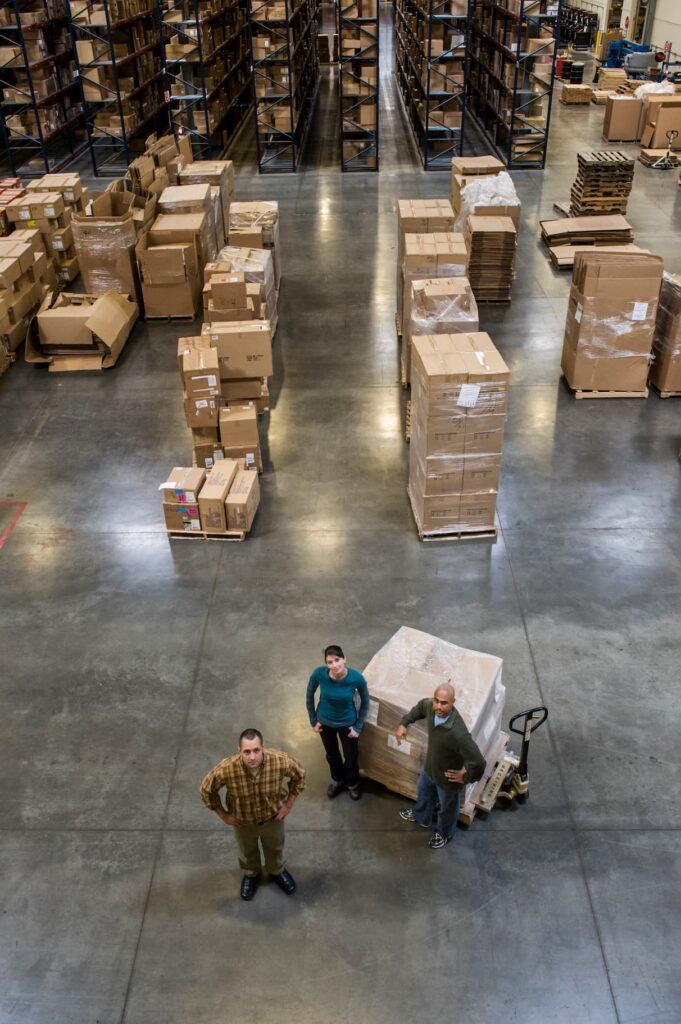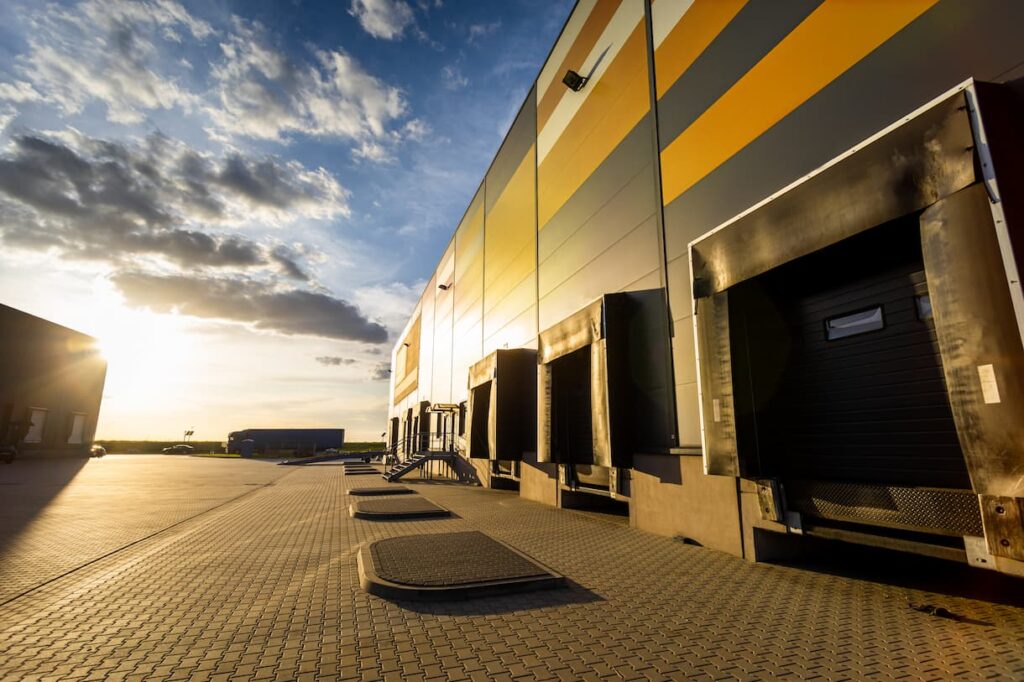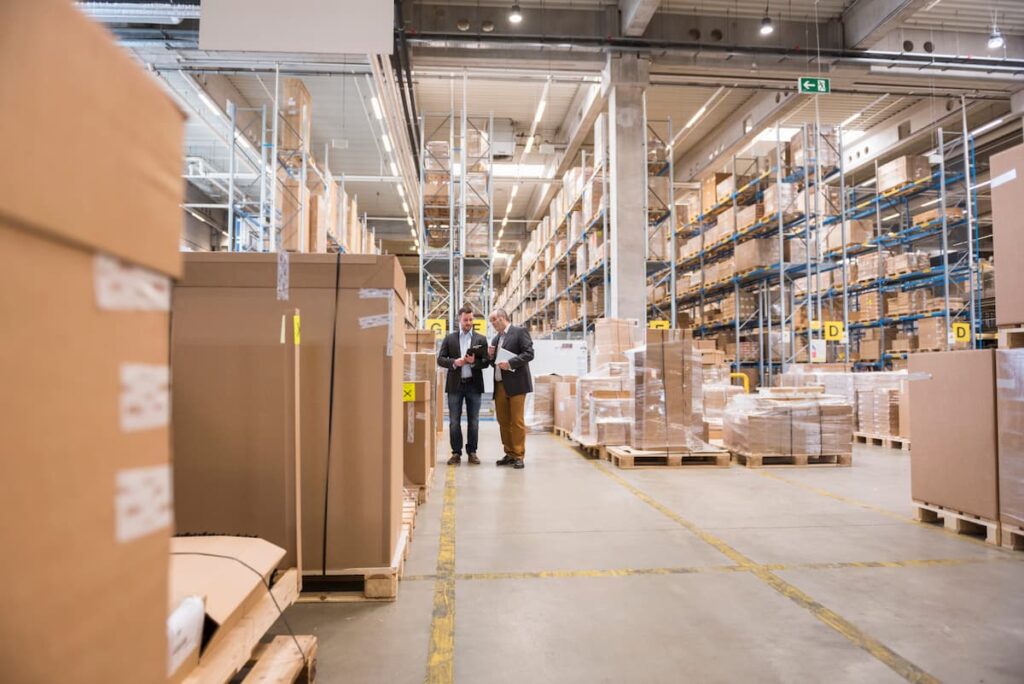Storage of goods in temporary storage facilities
ASL’s temporary storage warehouses are strategically located to facilitate the flow of goods and reduce logistics costs. They are fully state-of-the-art facilities, adapted to a fast service, managed by experienced professionals. To find out how much it costs to store your goods in a temporary storage facility, what the rules are and what we can do for you, enter all your questions into our form.
How does a temporary storage facility work?
A temporary storage facility, like a customs warehouse, is a place approved by the customs authorities where goods are stored under customs supervision. Both a customs warehouse and a temporary storage facility allow goods to be stored prior to clearance without immediate payment of customs duties, taxes or excise duties,but there are some differences in the operation of the two places. The temporary storage facility holds goods for which a customs declaration has been attempted, but obstacles have arisen (e.g. missing documentation) and action must be postponed. The temporary storage facility allows clearance to be postponed and the goods are already under customs supervision (i.e. the goods entered into the warehouse must be recorded under customs supervision – this ensures that everything is done in accordance with customs regulations). *You can read more about how a customs warehouse works here.A bonded warehouse allows unlimited temporary storage of goods. In a temporary storage warehouse, on the other hand, goods must be cleared within 90 days of being entered in the records. During this time, the owner has access to his goods but cannot perform operations on them. This is the time to obtain any authorisations that will allow an effective customs declaration to be made. If the documentation is still not complete after this time, the goods must be transferred to a customs warehouse.

Deficiencies in documentation may include the need for additional testing by a sanitary-epidemiological station when transporting foodstuffs, the requirement to present a document of origin of the goods, the taking of samples by the WIJHARS (Inspection for Trade Quality of Agricultural and Foodstuffs Articles) for agri-food goods which are transported from countries that are not part of the European Union, or the need to obtain an opinion from the PIP, UKE or the Main Office of Construction Supervision when transporting construction machinery.
*We offer comprehensive assistance in completing the documentation necessary for the correct customs declaration of imported goods: both for those imported from the territory of the European Union and from other regions of Europe and other continents. We invite you to fill in the contact form to help us find the best ways of transporting, storing and distributing goods.
Why use a temporary storage facility?

A temporary storage warehouse is a good way to safeguard a company’s liquidity, especially when transporting large consignments. Not having to pay immediate receipt fees allows for better planning of expenses and reduces the risk associated with currency fluctuations. This is very important for companies operating in international markets that need flexibility in supply chain management and the ability to store goods without immediate costs.

 Contact
Contact 